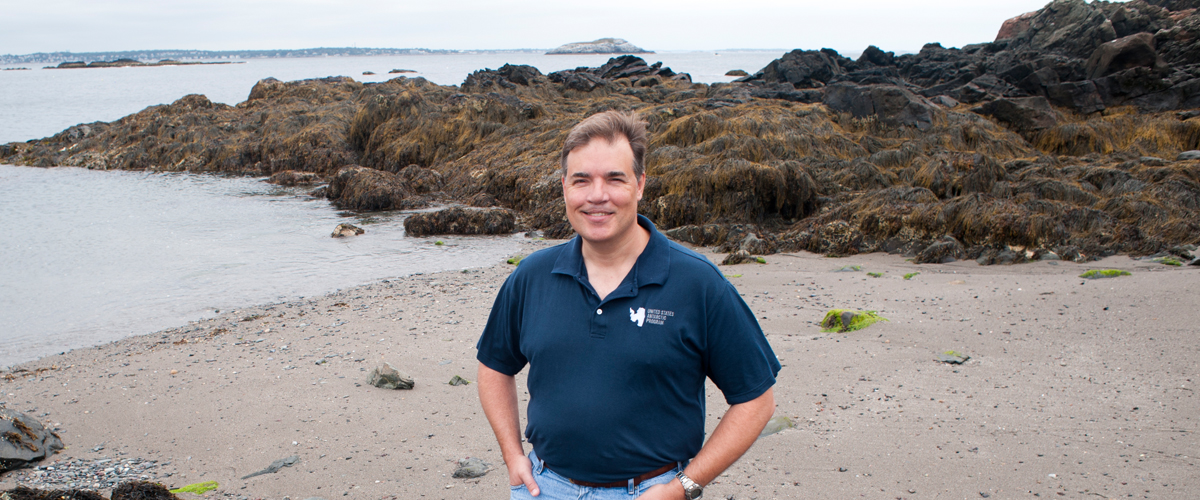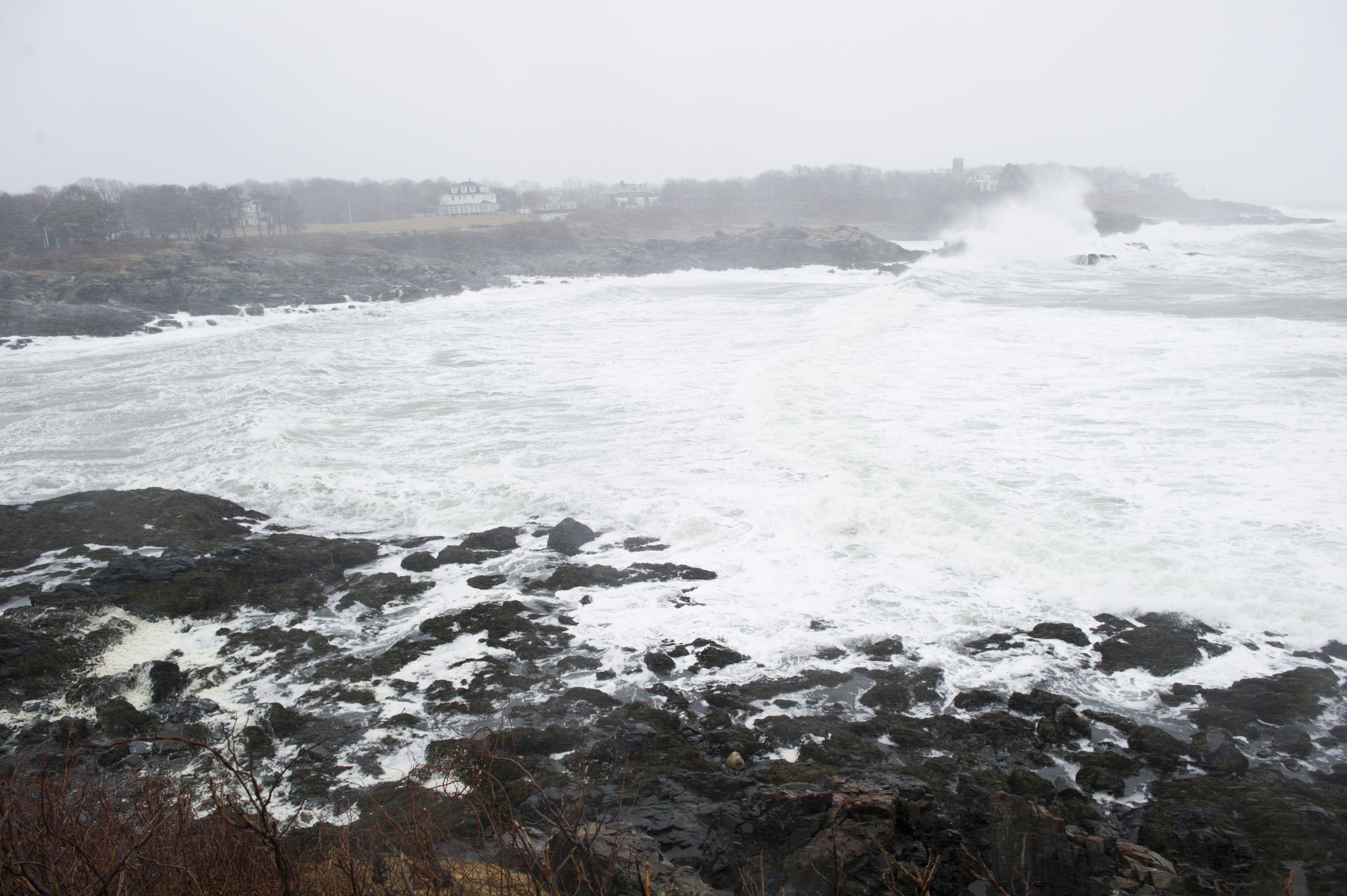As the United Nations Framework Convention on Climate Change wraps up in Paris, Marine and Environmental Sciences and Public Policy professor Brian Helmuth discusses how important these meetings are and why the world should pay attention.

Professor Brian Helmuth
Although there has been much discussion in the past several years about climate change, why are these meetings in Paris so important at this moment?
Fellow environmental scientist Dr. Mark Patterson said, “This is a make or break moment for humanity in my opinion.” I agree. We really are at a critical crossroads where our actions in the next few years may define the world that our descendants inherit for many generations to come.
A key consideration is that once greenhouse gases are put into the atmosphere, it is impossible using current technologies to get rid of them. The system also has “inertia” so that warming would continue even if we were to somehow shut off greenhouse gas emissions. The bottom line is that the train of climate change has already left the station, and whether or not it will derail will depend on what we do right now.
Some scientists have estimated that a further warming of 2°C would be “highly dangerous” yet that is the target that is being discussed in Paris. That doesn’t leave a lot of margin for error, and if they fail to reach accord things could really get bad.
Realistically, what can or should these nations and representatives agree on in order to turn things around?
That’s an interesting way to phrase it. Realistically there is no way to undo what has already been done. If, for example, we manage to reduce greenhouse gas emissions to those seen in 1990 that does not mean that we will see the climate that we saw in 1990. Reducing emissions quickly is really critical. COP21 also includes discussions of adaptation measures that need to be enacted to deal with the changes that are already underway.
What is clear, though, is that both mitigation and adaptation measures need to be undertaken in a way that is sustainable and equitable. As many developing nations have pointed out, they have suffered the worst from a problem that was created to a large extent by developed nations (although I would argue that land use change involving the clear-cutting of forests in many developing nations has also been a major factor). Reducing the vulnerability of poorer populations of people, both globally and here in the U.S., has to be front and center, and we need to rapidly develop creative solutions using renewable energy that allow them to increase their standard of living.
But, we need to do this in a way that doesn’t simply give a free pass to countries that have yet to benefit from industrialization. It also does not mean that the developed nations can continue on a path of “business as usual” without the recognition that to a large degree our progress has come on the backs of the poor, even if it was unintentional.
There is no doubt that the burning of fossil fuels has led to great advancements in our society, but we have known about the downside of what this means to the planet for many decades now.
What can we do as individuals to help make a difference?
There are lots of things that people can do to live more sustainably, for example by reducing water use, buying more fuel-efficient cars, and insulating their homes. But in order for these changes to stick they need to be systemic.
In that regard, the best way that people can enact the changes we need are through their votes and their wallets. There are many businesses that are making very sincere efforts to reduce their emissions and supporting them by buying their products and using their services sends a very clear message. Here in Massachusetts, we are very fortunate to have leaders at the city, state, and national levels who truly understand that climate change is an existential threat and are working very hard to make Massachusetts a model for other states. I wish the same were true of all political figures, many of who are still making the vacuous argument that anthropogenic warming isn’t even happening, fiddling away while Rome burns.

